Earth Ocean Farms has released 175,000 hatchlings in seven years
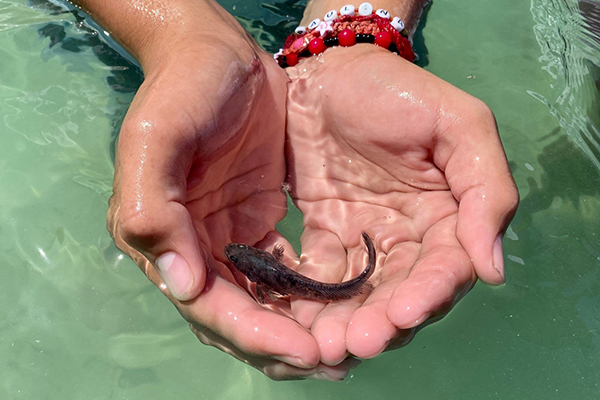
Mexican aquaculture company Earth Ocean Farms (EOF) this week announced that it has released another 30,000 juvenile totoaba into the Sea of Cortez, in a longstanding effort to replenish stocks of the endangered fish.
The company produces totoaba (Totoaba macdonaldi) and red snapper in state-of-the-art offshore aquaculture structures in the Sea of Cortez. It produces both species for the domestic foodservice and hospitality industry. Over the past seven years, EOF has released 175,000 juvenile totoaba. The company said that in previous totoaba releases, up to 98 percent of juveniles survived during transport and release.
“This means a lot to us, it is a contribution to the environment, to the protection of this iconic species for Mexico that only exists in the Sea of Cortez,” said Israel Marqueda, commercial director at EOF.
The release was completed with the support of federal and local governments as well as research institutions and community organizations as part of a restocking plan. Totoaba is an endemic species to the Gulf of California and currently in a vulnerable population state due to overfishing. Local community and youth organizations in Mulegue also participated in the release.
“For us, the involvement of the community in these events is fundamental, especially that of the children, because a sustainable future depends on the investment of future generations. The fact that the children get to release the fish into the water gives them a sense of responsibility for the hatchlings and helps them become more aware of what the positive long-term impacts will be,” said Marqueda.
For more, see this YouTube video from Earth Ocean Farms.
Follow the Advocate on Twitter @GSA_Advocate
Now that you've reached the end of the article ...
… please consider supporting GSA’s mission to advance responsible seafood practices through education, advocacy and third-party assurances. The Advocate aims to document the evolution of responsible seafood practices and share the expansive knowledge of our vast network of contributors.
By becoming a Global Seafood Alliance member, you’re ensuring that all of the pre-competitive work we do through member benefits, resources and events can continue. Individual membership costs just $50 a year.
Not a GSA member? Join us.
Author
Tagged With
Related Posts
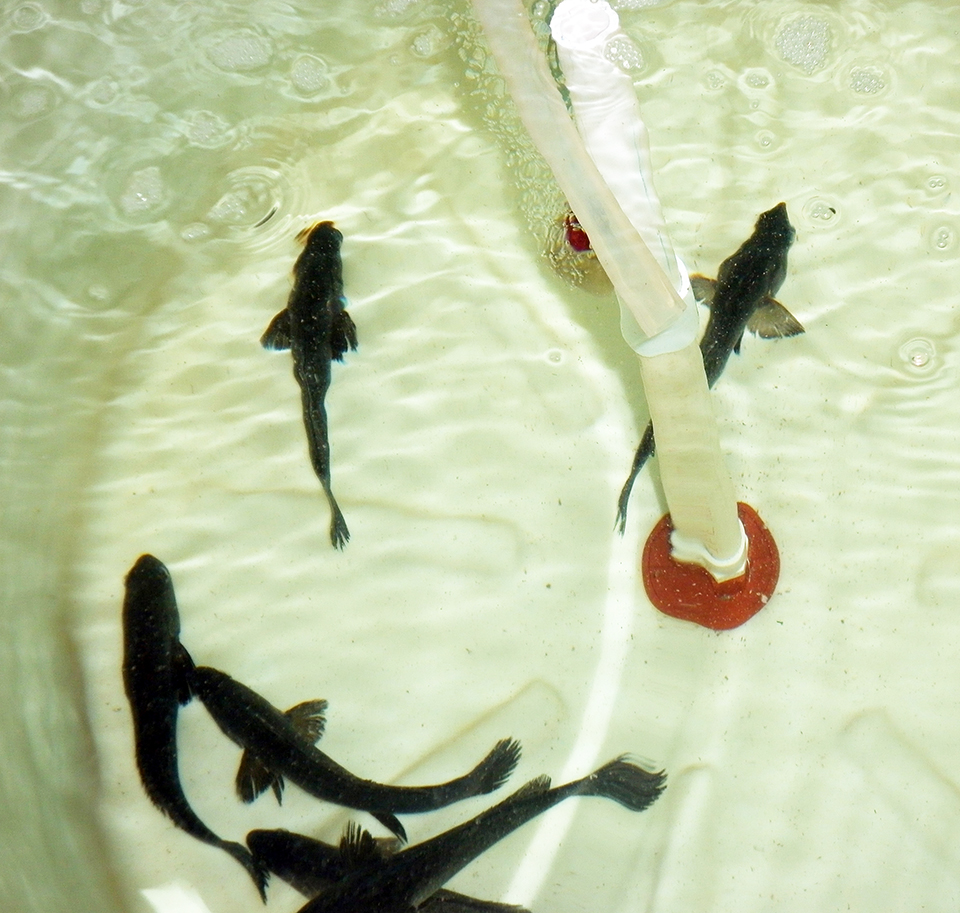
Responsibility
Endangered totoaba has aquaculture potential in Mexico
Totoaba, a large, fast-growing fish of the Gulf of California, became endangered due to overfishing. The Mexican government therefore created an aquaculture program in Baja California to support restocking for the recovery of wild totoaba stocks.
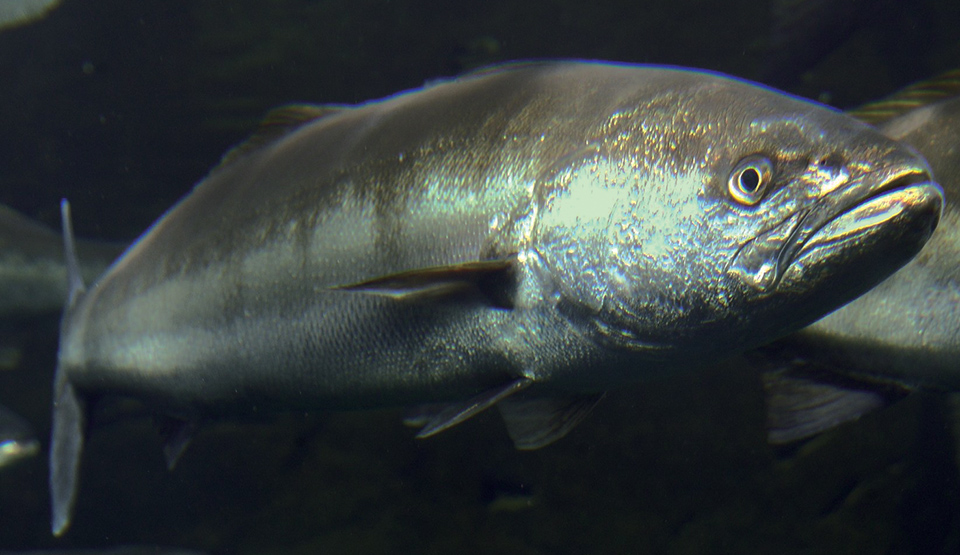
Health & Welfare
Feed preparation for white sea bass, totoaba broodstock
Hubbs-SeaWorld Research Institute and Universidad Autónoma de Baja California are working to produce improved broodstock diets for white sea bass and totoaba.
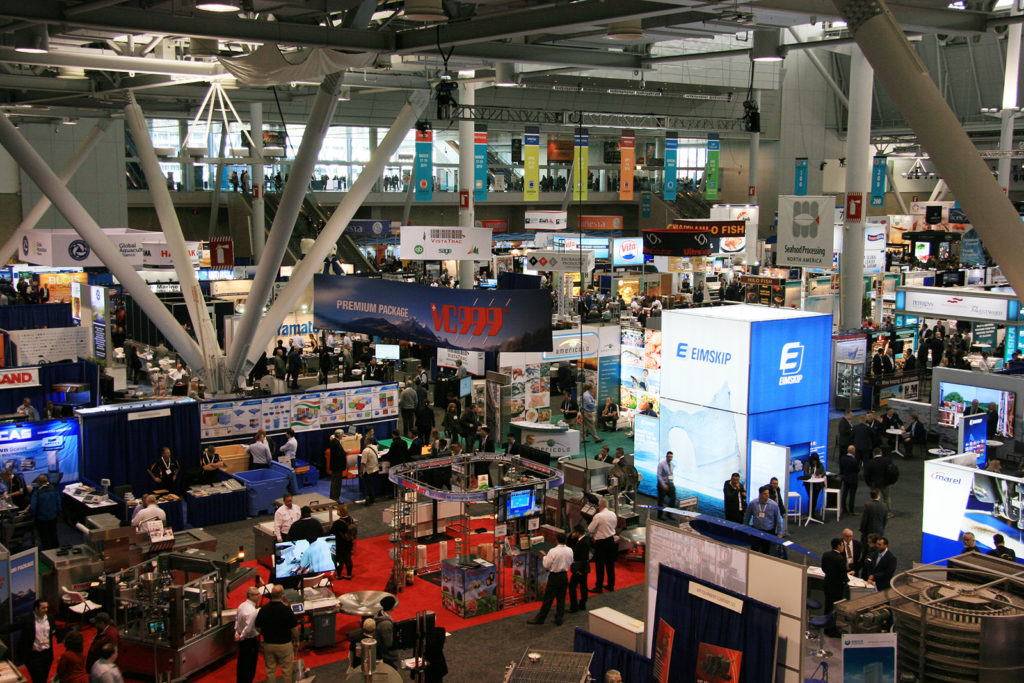
Intelligence
Canned mahimahi and more bits from Boston
Global Aquaculture Advocate Editor James Wright is covering Seafood Expo North America in Boston, Mass., USA. Check back periodically for updates.
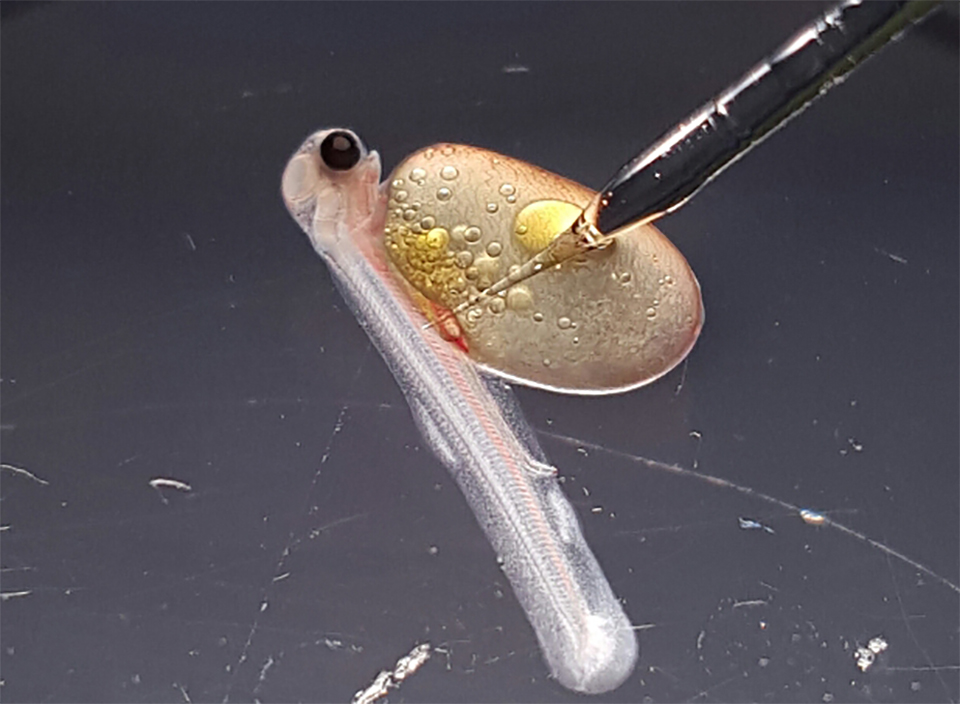
Responsibility
In Japan, aquaculture is deployed in the defense of endangered species
Tokyo University researchers have learned to spawn fish from germline stem cells in vitro, a method that can be deployed to help endangered species.



